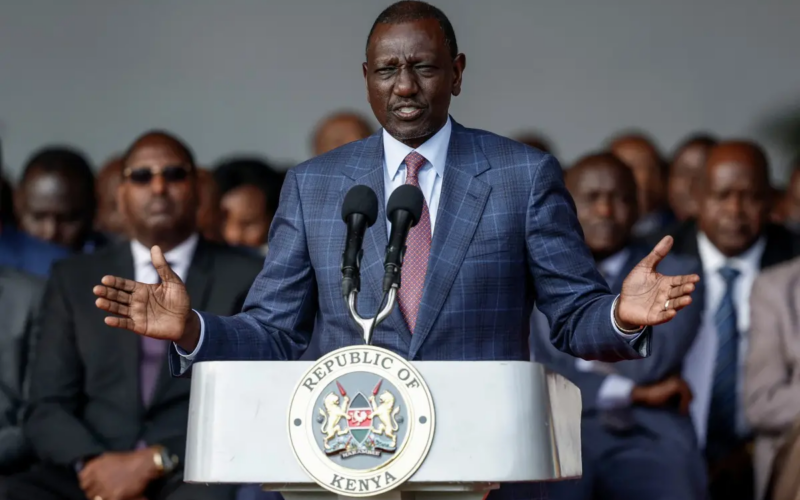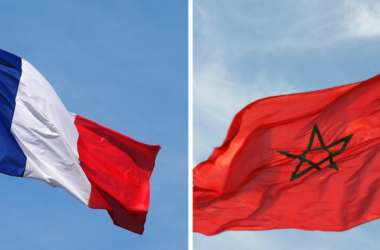Kenyan President William Ruto announced a significant policy reversal on Wednesday, stating that a controversial finance bill, which included substantial tax hikes, would be withdrawn. This decision comes in the wake of violent protests across the country that resulted in over 20 fatalities and extensive damage to the parliament building by demonstrators opposed to the legislation.
During a press briefing, President Ruto acknowledged the public outcry and declared, “I concede and therefore I will not sign the 2024 finance bill and it shall subsequently be withdrawn. The people have spoken.” His administration, caught off guard by the vehement opposition to the tax increases, had previously defended them as necessary to alleviate Kenya’s soaring foreign debt and to support development initiatives aimed at benefiting farmers and educators.
The protests, initially peaceful, escalated into violence on Tuesday following the passage of the bill by lawmakers. Police intervention with live ammunition exacerbated the situation, resulting in widespread condemnation and calls for accountability from human rights organizations.
The Kenya National Commission on Human Rights reported 22 fatalities and 300 injuries from the clashes and pledged to launch a thorough investigation into the incidents.
The debate over the finance bill ignited public frustration over the rising cost of living amidst Kenya’s economic challenges, including a debt burden amounting to approximately 70 percent of the country’s GDP, or 10 trillion shillings ($78 billion).
President Ruto’s abrupt reversal underscores the delicate balance between fiscal responsibility and public sentiment, with the government now tasked with finding alternative measures to address both the country’s debt crisis and the demands of its citizens.








